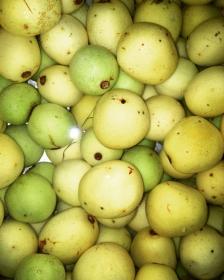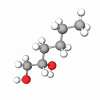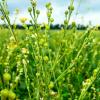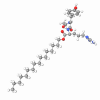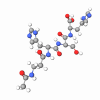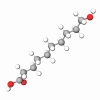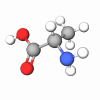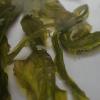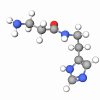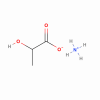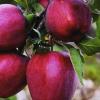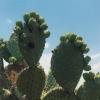The Marula tree is featured prominently in many tribal fertility rites. In ancient folklore, it was known as the marriage tree. The ground bark of the tree is used by expectant mothers to determine the sex of their babies.
In traditional medicine, the bark of Sclerocarya Birrea is used to treat stomachache, measles, fever, boils, and diarrhea. Combined with other medicinal plants it has been used to treat malaria, syphilis, leprosy, and rheumatism. Local tribes use oil from its seeds called Marula oil for cosmetic purposes, to protect and heal cracked, dry, or damaged skin, and as nose and eardrops. It is also used for hair care to protect, moisturize and impart shine.
Fruit The fruit of the Marula is described as having an exotic flavor and high nutritive value. The fruit is white and fleshy. An outstanding feature of the composition of the fruit is its high vitamin C content, which is believed to be four times the amount in an average orange. Sclerocarya Birrea fruit is used in jams, jellies, and wines and is believed to be a strong aphrodisiac.
Marula fruit stone contains several kernels rich in oil. Sclerocarya Birrea seed oil is presently extracted by local farmers using simple pressing and filtration techniques. The combination of high antioxidant and tocopherol value with excellent stability makes it an ideal ingredient for trendy cosmetic formulas. The fatty acid profile of Marula Oil has been found to be similar to that of olive oil.Rich in antioxidants and oleic acid, Sclerocarya Birrea Seed Oil has been treasured for centuries in Africa as an invaluable skincare treatment. In hair products, the oil absorbs quickly, hydrating hair. Its high content of palmitic acid creates a protective coating to help hair retain moisture, increasing its smoothness, manageability, and shine.
